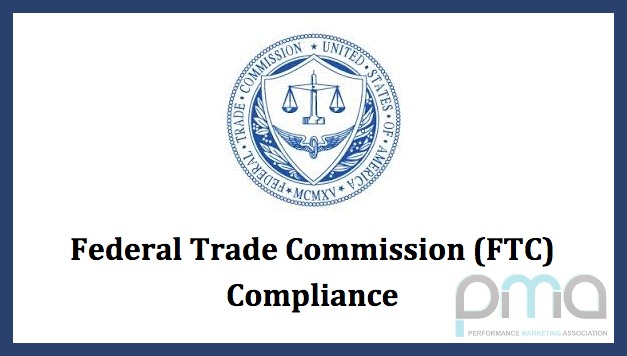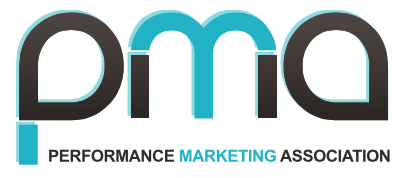
FTC Compliance Update
The Coupons and Deals Council recently tackled the issue of FTC Compliance and what we have learned since the original .Com Disclosures. The following includes updated sources and information geared toward the affiliate marketing industry.
Why is Compliance Important?
Compliance affects everyone in the affiliate marketing channel and protects both affiliates and merchants. Failure to disclose material connections can result in the FTC taking action against advertisers, affiliates and agencies. Compliance is required for all types of media including blogs and social media (Facebook, Twitter, Instagram, Pinterest, etc.).
BrandVerity recently released a whitepaper where they looked at 100 fashion and apparel bloggers to assess whether or not they were complying with FTC disclosure guidelines. The results were that a shocking 96% off the bloggers did not include disclosures in their posts.
To take it a step further, 80% of bloggers who did include a disclosure did so incorrectly by not making it clear or by putting it at the bottom of their post. These findings show there is a disconnect between affiliates and advertisers who are unaware that they are required to include disclosures in their posts.
What You Need to Know
The #1 takeaway is to be clear and conspicuous. Make the disclosure plain and simple by having a statement at the top of a blog post, such as “We may earn money or products from the companies mentioned in this post.”
Tricia Meyer of Sunshine Rewards also covers following guidelines in her article “Affiliates Take Note: New FTC Disclosure Guidelines”. The main thing you want to prevent is “unfair or deceptive acts or practices”. The reader should not have to take further action to view the disclosure such as clicking on a link or scrolling down.
Meyer includes the FTC’s updated FAQs to help clarify their guidelines:
- Disclosure must be made in videos themselves in addition to the text around the videos.
- Social media contests must include words such as “contest” or “sweepstakes” in the entries.
- Products given free for review must be disclosed no matter whether the review ends up being positive or negative.
- A button or hyperlink to a Disclosure page is not sufficient
- Suggested disclosure on social media platforms includes “sponsored,” “promotion,” “paid ad,” “ad,” or “#ad” although those are not the only words that would work.
- Merchants need to have “reasonable programs” in place to monitor what their bloggers and other influencers are doing on social media to promote their products.
- Affiliate marketers are specifically mentioned in the FAQ. Disclosure must not be placed “below your review or below the link to the online retailer.”
- The words “affiliate link” are not adequate disclosures.
- Paid advertisements do not have to be disclosed if it is clear they are a paid advertisement.
Be sure to do your research and follow all FTC Guidelines whether you are the advertiser or the affiliate to avoid any complications. Click here to access BrandVerity’s full report that includes:
- The compliance checklist used to evaluate sample blogger population
- An in-depth analysis of why certain disclosures passed and why they failed
- A roadmap to mitigating compliance risk
You can also listen to Preston from BrandVerity and Eric from FMTC discuss FTC disclosures on AffiliateBuzz, including a WordPress plugin you can install that will automatically place a disclosure at the top of all your posts.
PMA Members can download the whitepaper “Blogging and New Media Disclosure Information,” a disclosure guide targeted primarily to bloggers and the merchants who work with them, for free.
Latest posts by Tricia Meyer (see all)
- New Webinar: Rewarding Publisher Influence in LLMs - January 8, 2026
- Meet the PMA at Affiliate Summit West 2026 - January 7, 2026
- Announcing PMA Officers for 2026 - December 18, 2025

 Follow
Follow
Pingback: Affiliate Marketing Industry News Roundup 2-23-2017
February 23, 2017 at 12:46 am